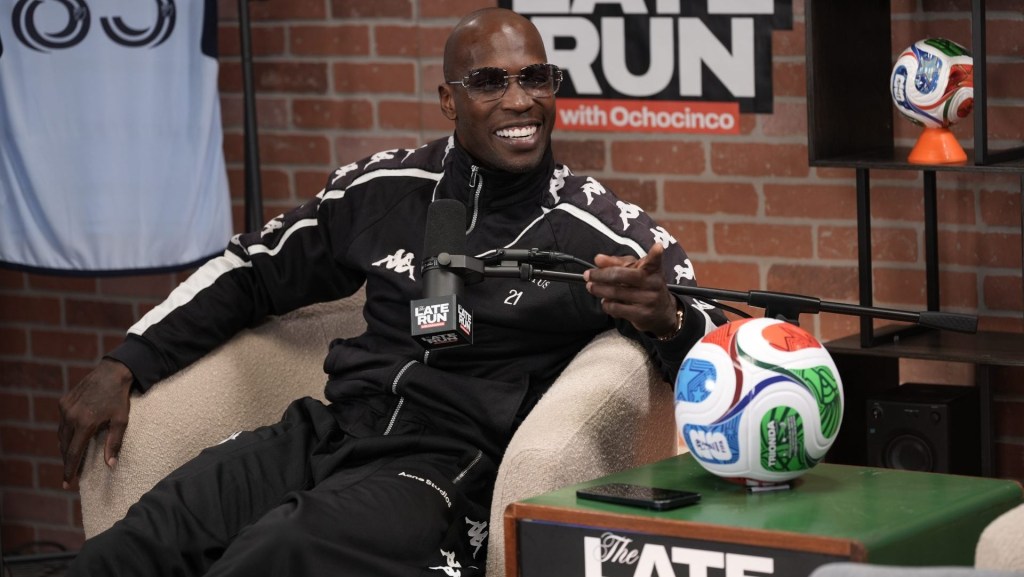The cable channel that allegedly nobody can find every year when March Madness arrives is now elevating as a key element of TNT Sports’ future sports programming plans.
The Warner Bros. Discovery unit—already in the midst of significant retooling of its sports portfolio and facing a potential loss of NBA media rights—is expanding its emphasis on truTV. After introducing a TNT Sports programming block on the channel earlier this year, WBD will make that presence “even more pronounced and consistent,” starting in October.
TNT Sports graphics and branding will be included in truTV’s prime-time programming, and the channel will also increasingly air sports content there—including existing properties in the portfolio such as MLB and the NHL, and also newly acquired ones like NASCAR, the French Open in tennis, and college properties that include the Mountain West and Big East conferences and sublicensing of the College Football Playoff. All told, TNT Sports projects nearly 1,000 hours of total sports programming on truTV this year, and much more next year.
It’s a marked shift from the heated viewer outcries each spring, when the arrival of the NCAA men’s basketball tournament brings widespread confusion from fans that in many instances haven’t otherwise watched the channel.
“We aspire for TNT Sports on truTV to be a go-to destination for a dynamic range of fans seeking not only more premium sports, but also alternate ways to experience and enjoy them,” said Craig Barry, TNT Sports executive vice president and chief content officer, in a statement.
Broader Strategy
The increased emphasis on truTV by WBD is not surprising given macro-level changes happening across the media industry. Increasingly, live sports is a dominant entity on television, claiming nearly all of the industry’s largest audiences last year and setting a new U.S. viewership record in February with Super Bowl LVIII. That trend is only accelerating, particularly as audiences for entertainment programming continue to migrate to streaming.
As WBD also acquires more sports rights, it needs an additional place to air that content. Unlike key competitors such as ESPN and its corporate parent Disney, NBCUniversal, Fox, and CBS Sports and its parent Paramount, WBD doesn’t have a broadcast channel to aid in that expansion.







![[Subscription Customers Only] Jun 15, 2025; Seattle, Washington, USA; Botafogo owner John Textor inside the stadium before the match during a group stage match of the 2025 FIFA Club World Cup at Lumen Field.](https://frontofficesports.com/wp-content/uploads/2026/02/USATSI_26465842_168416386_lowres-scaled.jpg?quality=100&w=1024)
![[Subscription Customers Only] Jul 13, 2025; East Rutherford, New Jersey, USA; Chelsea FC midfielder Cole Palmer (10) celebrates winning the final of the 2025 FIFA Club World Cup at MetLife Stadium](https://frontofficesports.com/wp-content/uploads/2026/02/USATSI_26636703-scaled-e1770932227605.jpg?quality=100&w=1024)








